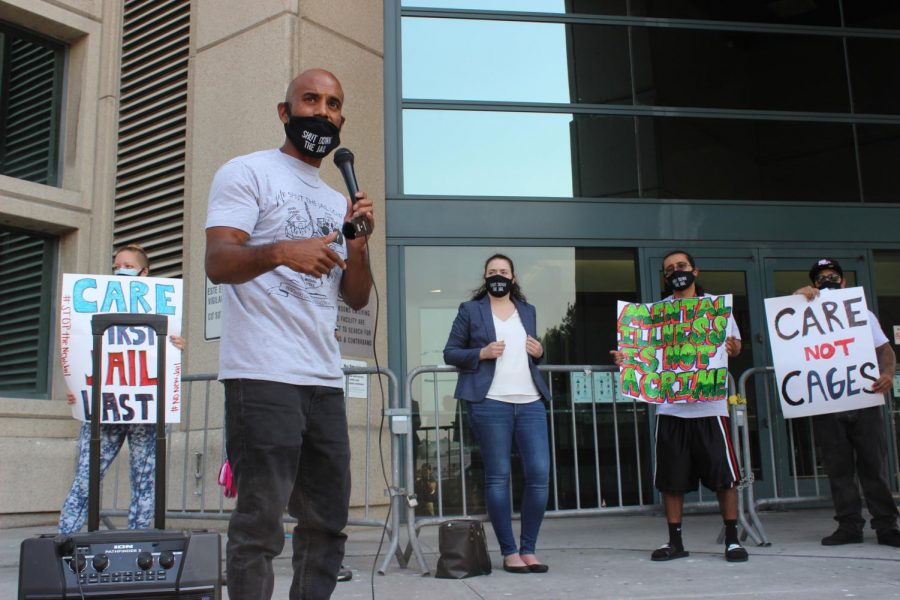Care First, Jail Last. What If We Invested in Mental Health Centers Instead of Jails?
A look into how the California criminal justice system overlooks the necessity of mental health support
On September 24th of this year, three dozen citizens protested outside the Santa Clara Main Jail with various signs and posters featuring messages such as “Care First, Jail Last.” This protest was in response to the city’s proposal for the establishment of a new jail. Given the injustice of the current criminal justice system, many are advocating for the funding to instead support a center for mental health.
In California, 1 in 6 adults experiences a mental illness of some kind. With such a significant portion of the population, many believe that mental health centers are the most effective means to promote safety and well-being. However, the current greatest obstacle for this solution is the lack of availability in mental health facilities and resources throughout the state.
In a 2017 study, Santa Clara County had just 12.69 psychiatric treatment beds available per 100,000 people, and the same study cites that the county needs at least 969 more beds to meet demands. Clare Courtight, an attorney and patient rights advocate who works inside the main jail’s acute psychiatric unit, also provides insight on the shortage of treatment, asserting, “As an advocate I just don’t feel that the people that are incarcerated in main jail receive the necessary mental health treatment they need.”
As of 2019, California Health Policy Strategies reported that 31% of California inmates have an active mental health case—and that number since the pandemic has arguably only gotten worse.
There have also been several past instances regarding the jail integrity that pushes the protest for a mental health center. In one instance, 24-year-old Andrew Hogan suffered severe head injuries due to smashing his head in a prisoner transport van when in a mental health episode. County officers stood by and did nothing. Hogan suffered a traumatic brain injury and was in a coma for six weeks following the incident; the injuries caused permanent disabilities.
Institutionalizing individuals with mental illnesses is not the right response to addressing their needs and ensuring that proper care is provided to them. The move to build yet another jail indicates a long trend of growing incarceration in America—but jails won’t solve the underlying problem. More statewide funding for mental health support centers is crucial to upholding a true commitment to Californians’ mental health and socioemotional wellbeing.


